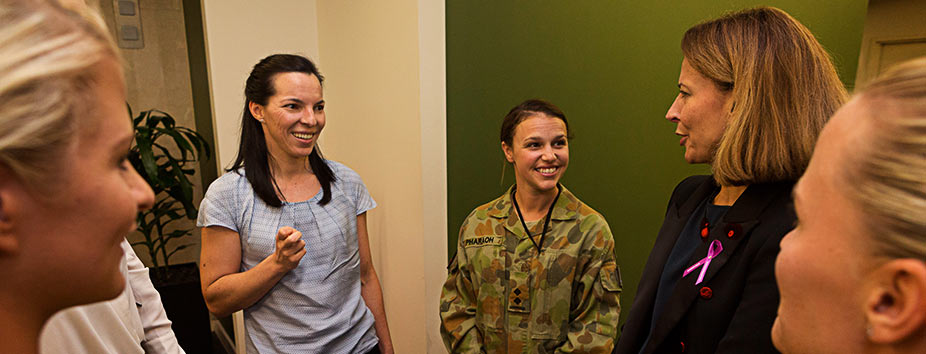Veterans resources


Building a network is important for any job seeker, but in particular for veterans who are looking to make the transition to the corporate sector. Many jobs are secured through knowing the right people at the right time.
One of the biggest challenges for veterans seeking employment is effectively translating their skills and experiences to match job descriptions. It is important that veterans are able to highlight the relevant skills that apply to each job opportunity they are apply for.
The STAR interview approach structures your work experience in an easy to follow story that also demonstrates your ability to communicate succinctly and effectively.
Situation Provide the background to the situation you found yourself in. Who, what, where and when.
Task What was your role in the situation and/or what were you tasked to do? Remember this is specific to you.
Action What were the specific steps you took to solve the problem or deliver the end product? Ensure the actions are in a logical order.
Result Describe the tangible benefits of the actions you took. Always try to quantify how things improved from your actions. What lessons did you learn?
Quantifying your achievements allows recruiters and interviewers to picture the impact you have made in your work. Always try to work numbers into your experience and results.
Example of quantifying results :
“Reorganised maintenance assets and scheduling to increase operational readiness of $2 million of military hardware, that resulted in a $100K annual saving.”
Example of quantifying experience:
“Led a team of 40 people to train and advise an international coalition team of 120 people over a six month period.”